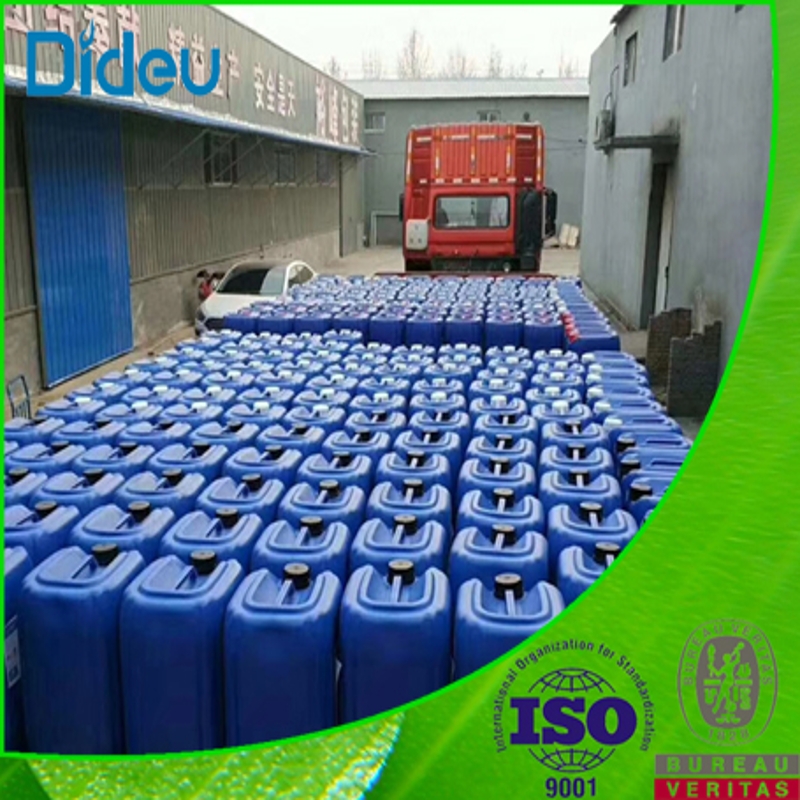-
Categories
-
Pharmaceutical Intermediates
-
Active Pharmaceutical Ingredients
-
Food Additives
- Industrial Coatings
- Agrochemicals
- Dyes and Pigments
- Surfactant
- Flavors and Fragrances
- Chemical Reagents
- Catalyst and Auxiliary
- Natural Products
- Inorganic Chemistry
-
Organic Chemistry
-
Biochemical Engineering
- Analytical Chemistry
-
Cosmetic Ingredient
- Water Treatment Chemical
-
Pharmaceutical Intermediates
Promotion
ECHEMI Mall
Wholesale
Weekly Price
Exhibition
News
-
Trade Service
Urapidil hydrochloride is a drug used for the treatment of hypertension and angina pectoris.
It belongs to a class of drugs known as anti-hypertensive agents, which work by relaxing the smooth muscle in the walls of blood vessels, leading to dilation of the blood vessels and a decrease in blood pressure.
Urapidil hydrochloride is also known to improve blood flow to the heart, which can help in the treatment of angina pectoris.
In terms of safety, urapidil hydrochloride is generally considered to be a safe medication when used as directed.
However, like all drugs, it has the potential for side effects.
Some of the most commonly reported side effects of urapidil hydrochloride include headache, dizziness, and nausea.
These side effects are usually mild and do not require medical attention.
There are also some more serious side effects that can occur with the use of urapidil hydrochloride.
These include hypotension (low blood pressure), bradycardia (slow heart rate), and arrhythmias (irregular heart beats).
These side effects can be serious and may require medical attention.
In some cases, urapidil hydrochloride may cause liver or kidney damage, and it may interact with other medications that a patient is taking.
It is important for patients to follow the instructions provided by their healthcare provider when taking urapidil hydrochloride.
This includes taking the medication at the correct dose and frequency, and informing their healthcare provider of any other medications they are taking.
Patients should also inform their healthcare provider if they have any medical conditions, such as liver or kidney disease, before starting treatment with urapidil hydrochloride.
In addition to the potential for side effects, there are also some safety concerns associated with the use of urapidil hydrochloride in certain populations.
For example, the safety and efficacy of urapidil hydrochloride in patients with severe liver or kidney disease has not been established.
Similarly, the use of urapidil hydrochloride in pregnant or breastfeeding women has not been fully studied, and the safety of the medication in these populations is unknown.
Overall, urapidil hydrochloride is a medication that can provide safe and effective treatment for hypertension and angina pectoris when used as directed.
However, like all drugs, it has the potential for side effects and safety concerns.
Patients should work closely with their healthcare provider to ensure that they are using the medication safely and effectively.







